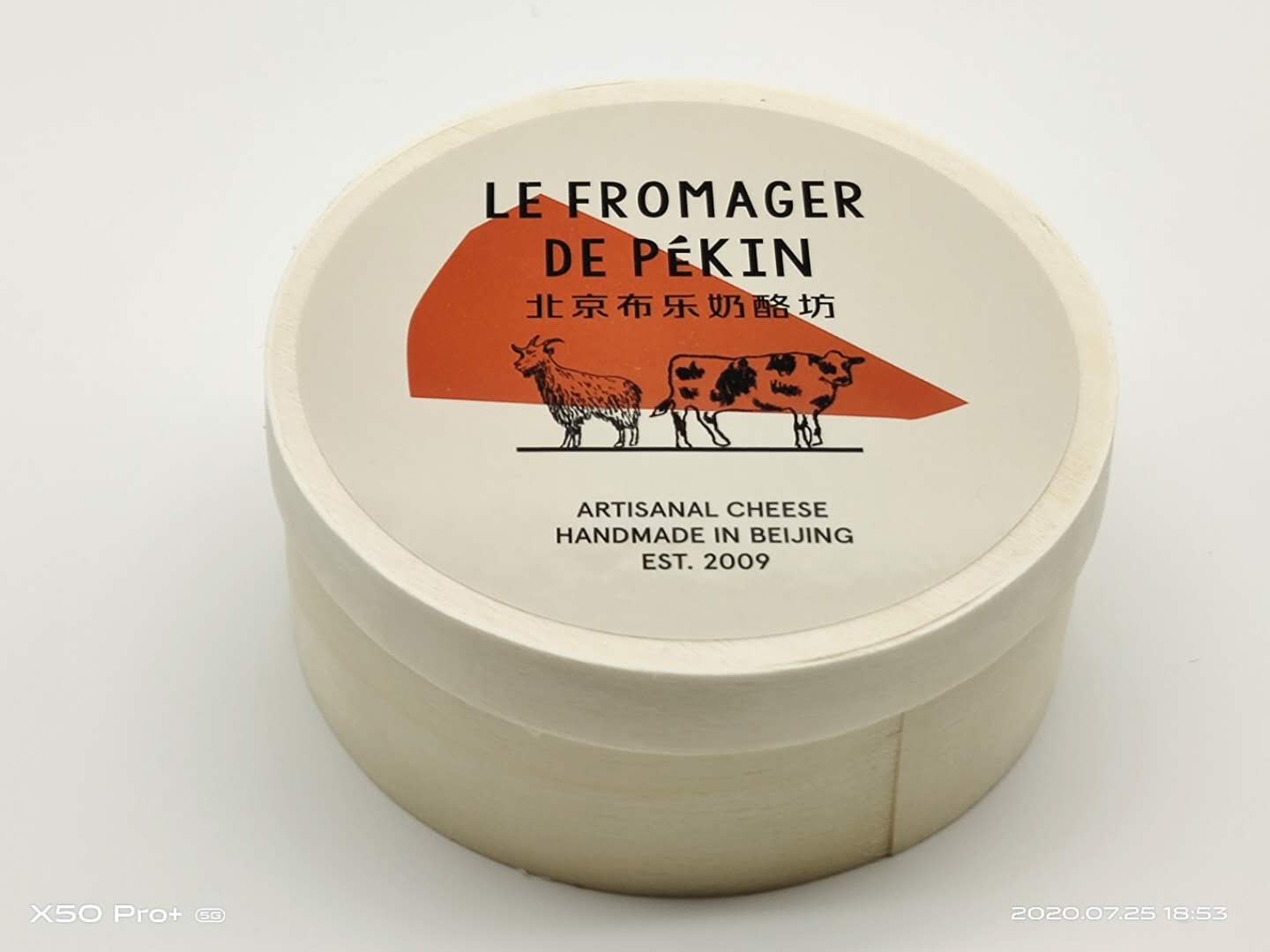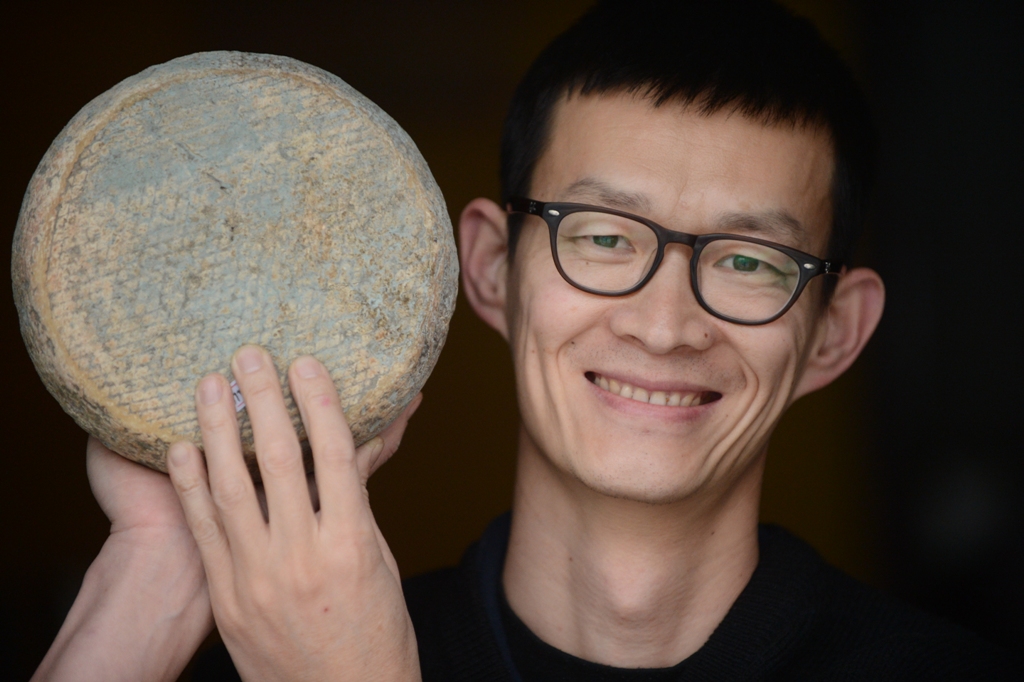
When Beijing-based entrepreneur Liu Yang found his business of supplying artisanal cheeses to local restaurants and five-star hotels curdling as a result of Covid-19, he ramped up his online efforts and focused on direct-to-consumer sales on Taobao.
The owner of Le Fromager de Pekin, which translates into “the cheesemaker of Beijing,” Liu has been making cheeses – including ones inspired by traditional Chinese ingredients, such as soybean juice and Chinese rice wine – since 2009. Like many other businesses in the food and hospitality sector, his was hit particularly hard by the pandemic, especially since 60% of his revenue came from offline sales which were no longer feasible.
“The coronavirus pushed me to pivot online and I’m glad I did,” said Liu. The soft-spoken 46-year-old created short educational videos online and used them to drive traffic to his online store on Taobao, China’s largest B2C e-commerce platform. Within two months, his store amassed roughly 30,000 new followers and overall sales increased sixfold.



Reaching New Customers on Taobao
“Taobao has become an important platform for us to drive online sales. More importantly, we are able to reach new segments of Chinese consumers,” said Liu, adding that more than half of his revenues now come from online transactions.
His products are featured online at this year’s Taobao Maker Festival, an annual event organized by Alibaba Group to celebrate China’s most innovative makers and their creations.
While Liu’s artisanal fromages have been included in the “World Cheese Book” and recognized by the International Cheese Guild in France, his increased online activities have allowed him to directly connect with more customers and help them better understand the health benefits of cheese and the process of crafting his artisanal products.
Aside from creating educational content, including his popular short videos, he has also optimized his product landing pages and Taobao’s customer-support chat services to answer common inquiries and to showcase different ways enjoy his products. In one product description, for example, he suggests adding washed-rind cheese to Sichuan hotpot to instantly enrich its numbingly spicy flavors. He also describes how certain cheeses can be used as bases for Chinese soups for added richness and nutrition.
China’s Growing Appetite for Artisanal Cheeses
While younger generations and millennials in China mostly grew up eating processed cheese products, as they’ve grown into mature spenders looking to upgrade their lifestyles, they are showing a growing preference for fresh, artisanal cheeses, especially due to their health benefits and all-natural ingredients.
When Liu started Le Fromager de Pekin 10 years ago, he catered mainly to the local expat communities. Now, his customers are mainly Chinese and hail from all over the country.
“Chinese people are very open to trying new flavors and most are adventurous eaters, but they lack the right guidance and vocabularies to properly describe and therefore fully understand what they are eating,” Liu explained.
Informed by feedback on Taobao that showed how new customers wanted to be able to try different products to start, Liu created a sample platter featuring five of his signature cheeses with different maturity levels and textures. The platter was an instant success, selling more than 300 on the first day of launching and now becoming a regular bestseller in Liu’s Taobao store.
Liu also explained that digitally savvy Chinese shoppers “like to acquire information online and do a lot research prior to purchase.” As a result, he’s seen customers increasingly emboldened to order even his most malodorous aged cheese – a product he compares to Chinese stinky tofu and calls “an acquired taste.”
To further build his business and bolster online consumer engagement, Liu plans to tap into Taobao Live and host livestreaming sessions for his followers who share his passion for cheese. Le Fromager de Pekin will also expand its digital operations and experiment with creating an integrated shopping and tasting experience both online and offline, said Liu.
“In today’s world, digitization and online engagement are key to communicating our brand story to more Chinese consumers,” Liu said. “I believe we are on the right path for growth.”
Sign up for our newsletter to receive the latest Alibaba updates in your inbox every week.




